Production Process
• Source: Made from whole sorghum grains.
• Milling: The sorghum grains are cleaned and ground into a fine powder to produce jowar atta.
Nutritional Benefits
• Gluten-Free: Naturally gluten-free, making it suitable for those with gluten intolerance or celiac disease.
• High in Fiber: Rich in dietary fiber, which aids in digestion and helps maintain bowel health.
• Protein-Rich: Provides a good amount of plant-based protein.
• Rich in Antioxidants: Contains antioxidants like tannins, which help in reducing inflammation and protecting cells from damage.
• Vitamins and Minerals: Good source of vitamins (such as B vitamins) and minerals (including magnesium, iron, and phosphorus).
Health Benefits
• Digestive Health: High fiber content supports healthy digestion and can help prevent constipation.
• Heart Health: Can help lower cholesterol levels and improve heart health due to its fiber and antioxidant content.
• Weight Management: Promotes a feeling of fullness, aiding in weight management.
• Blood Sugar Control: Has a low glycemic index, helping to manage and stabilize blood sugar levels, making it suitable for diabetics.
• Bone Health: Contains essential minerals like magnesium and phosphorus that support bone health.
Cooking Uses
• Flatbreads: Commonly used to make traditional flatbreads such as jowar roti or bhakri.
• Baking: Used in gluten-free baking to make bread, muffins, cookies, and other baked goods.
• Porridge: Can be used to make nutritious porridge.
• Thickening Agent: Acts as a thickener in soups, stews, and sauces.
• Snacks: Used in making various traditional snacks and dishes.
Comparison with Other Flours
• Versus Wheat Flour: Jowar atta is gluten-free, making it suitable for those with gluten sensitivity, and it has a higher fiber content compared to wheat flour.
• Versus Rice Flour: Jowar atta is higher in protein and fiber than rice flour and has a different nutrient profile.
• Versus Millet Flours: Similar to other millet flours like bajra (pearl millet) and ragi (finger millet), jowar atta is also rich in nutrients and used in similar culinary applications.
Storage
• Proper Storage: Store in an airtight container in a cool, dry place to maintain its freshness and prevent it from going rancid.
• Shelf Life: Best used within a few months for optimal freshness and quality.

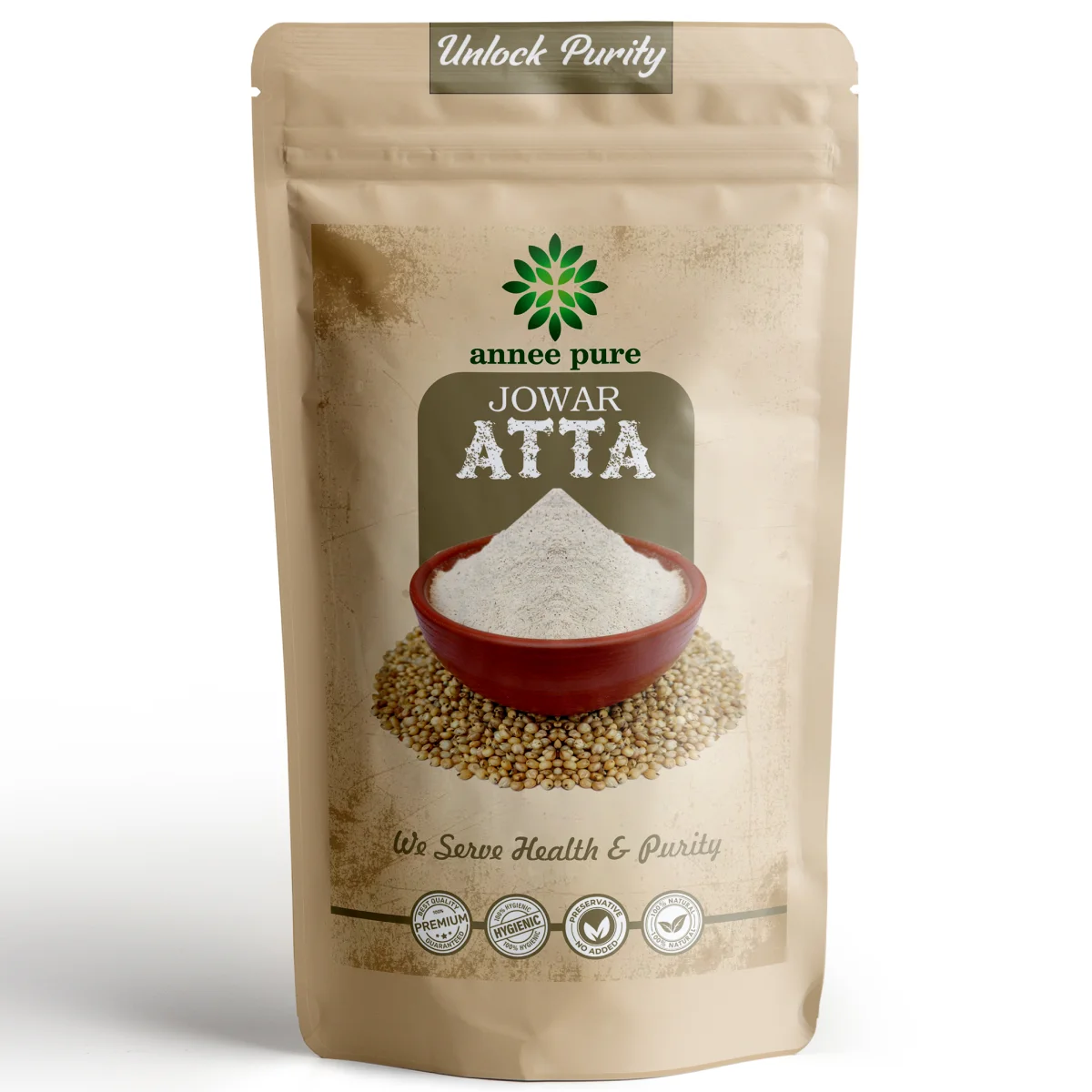
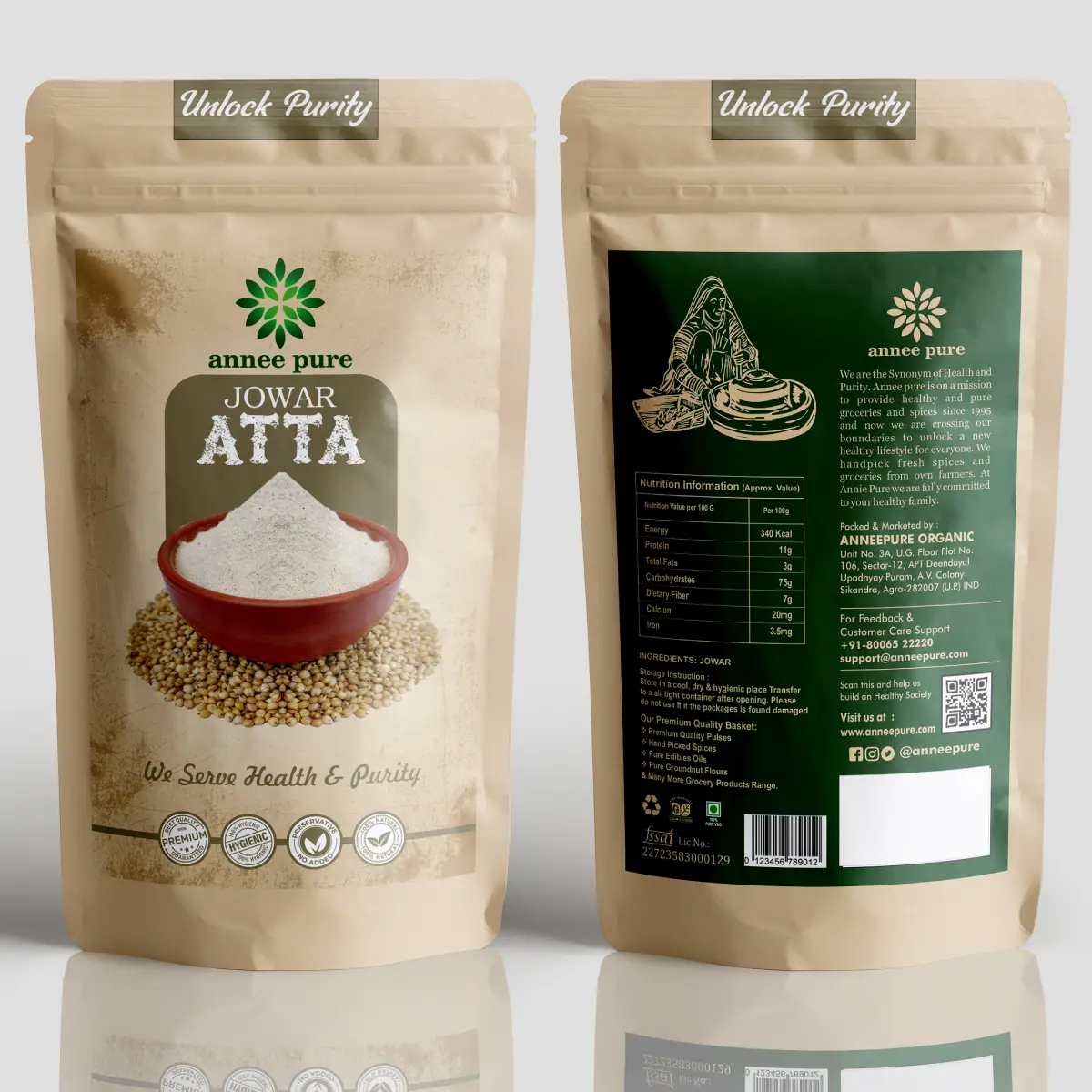



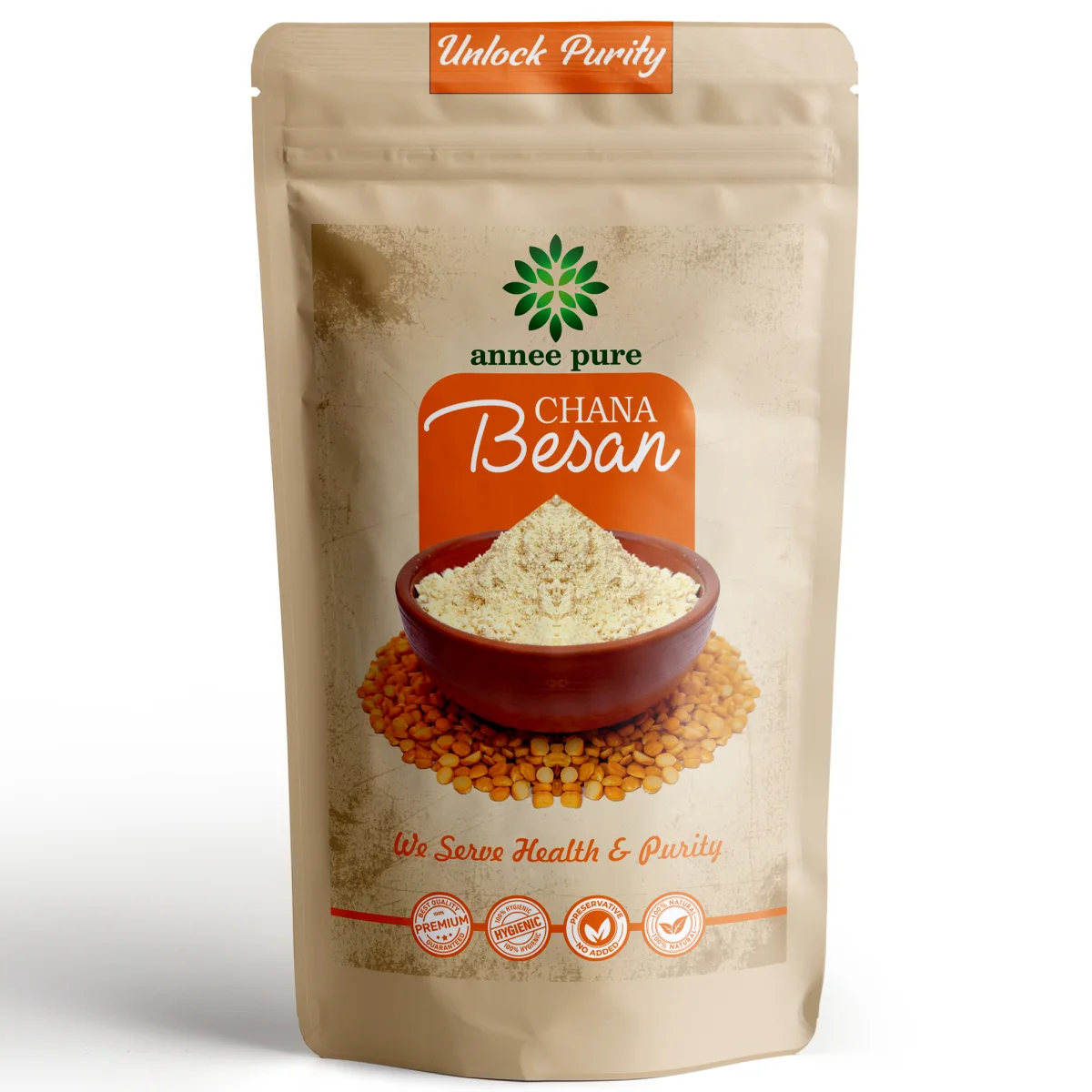
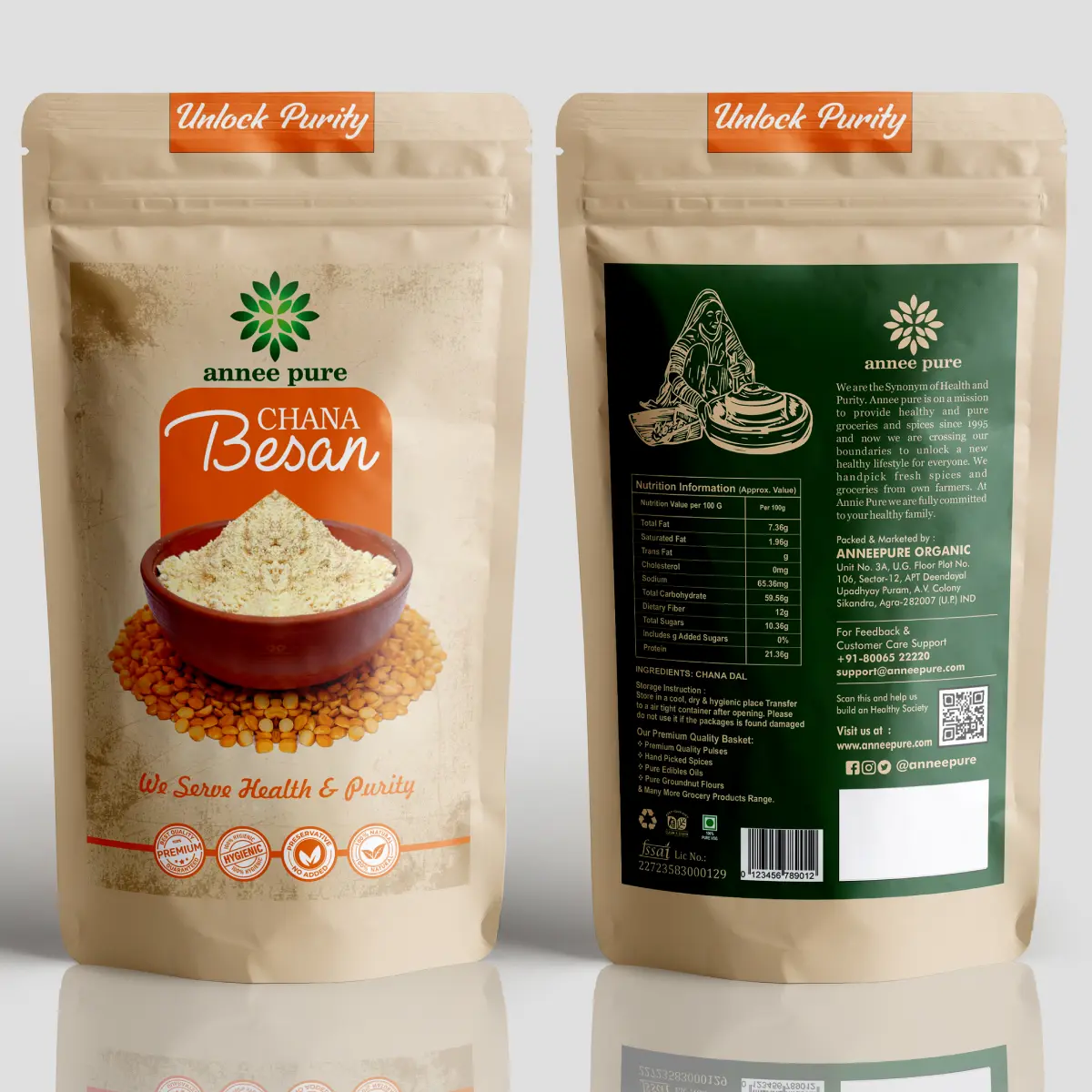
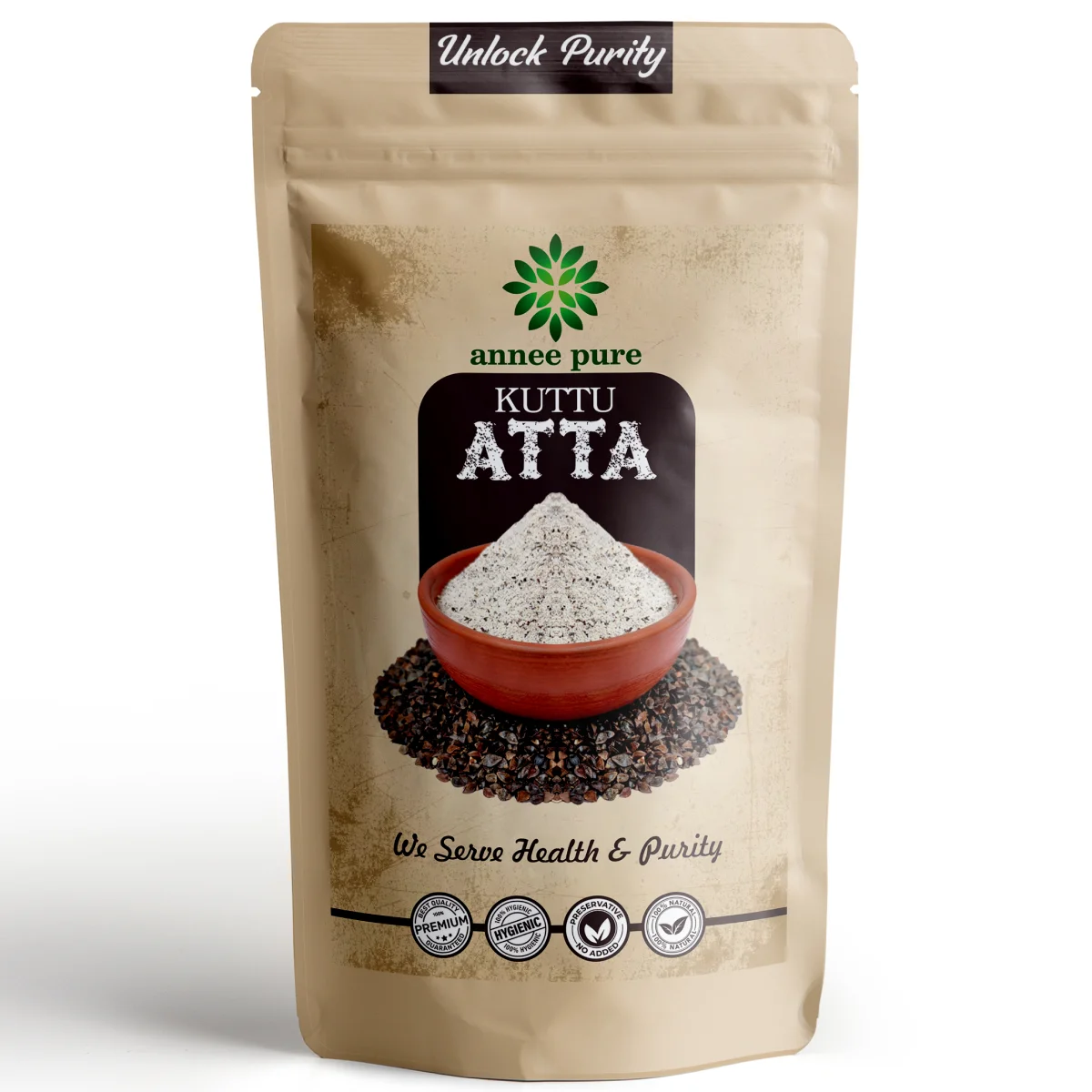
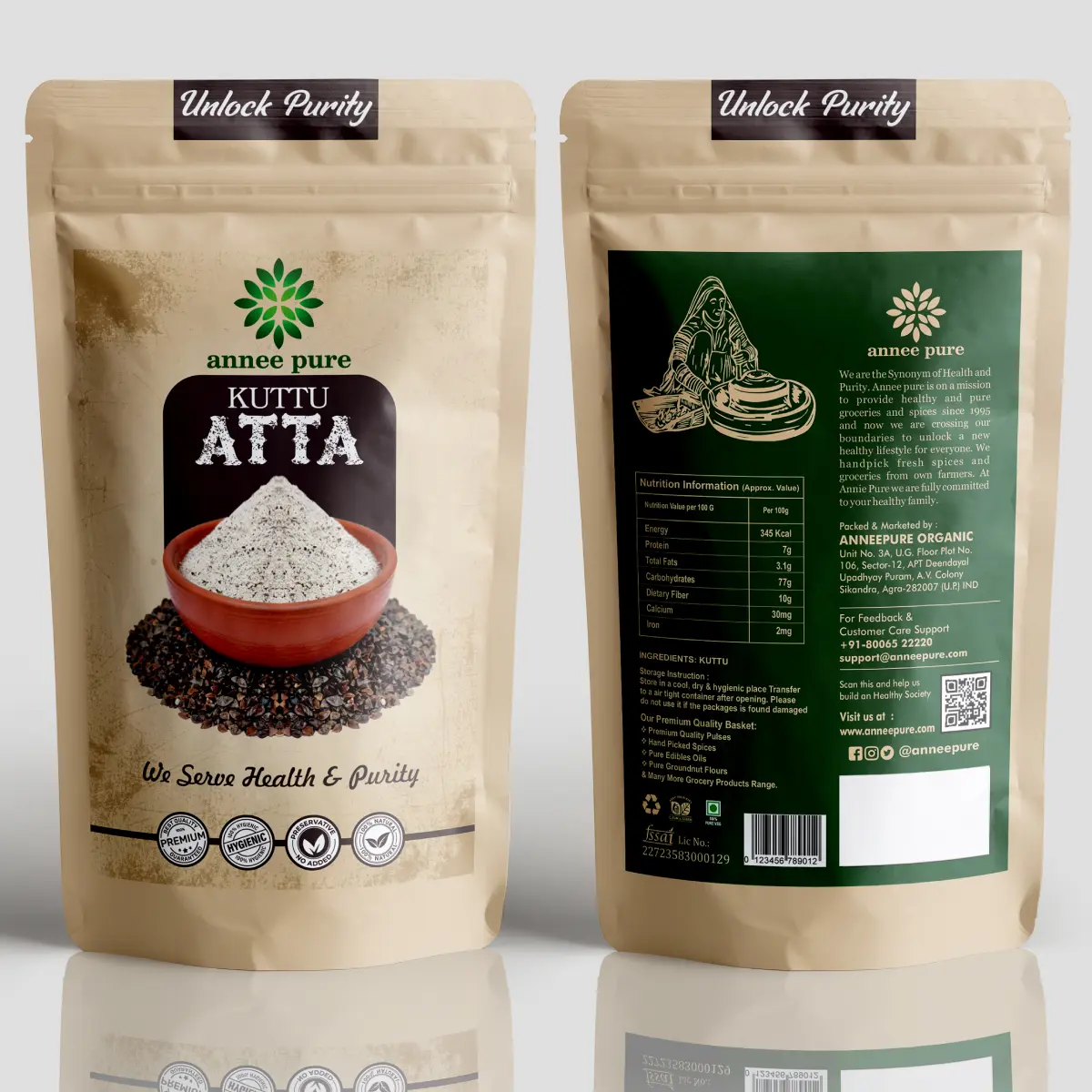
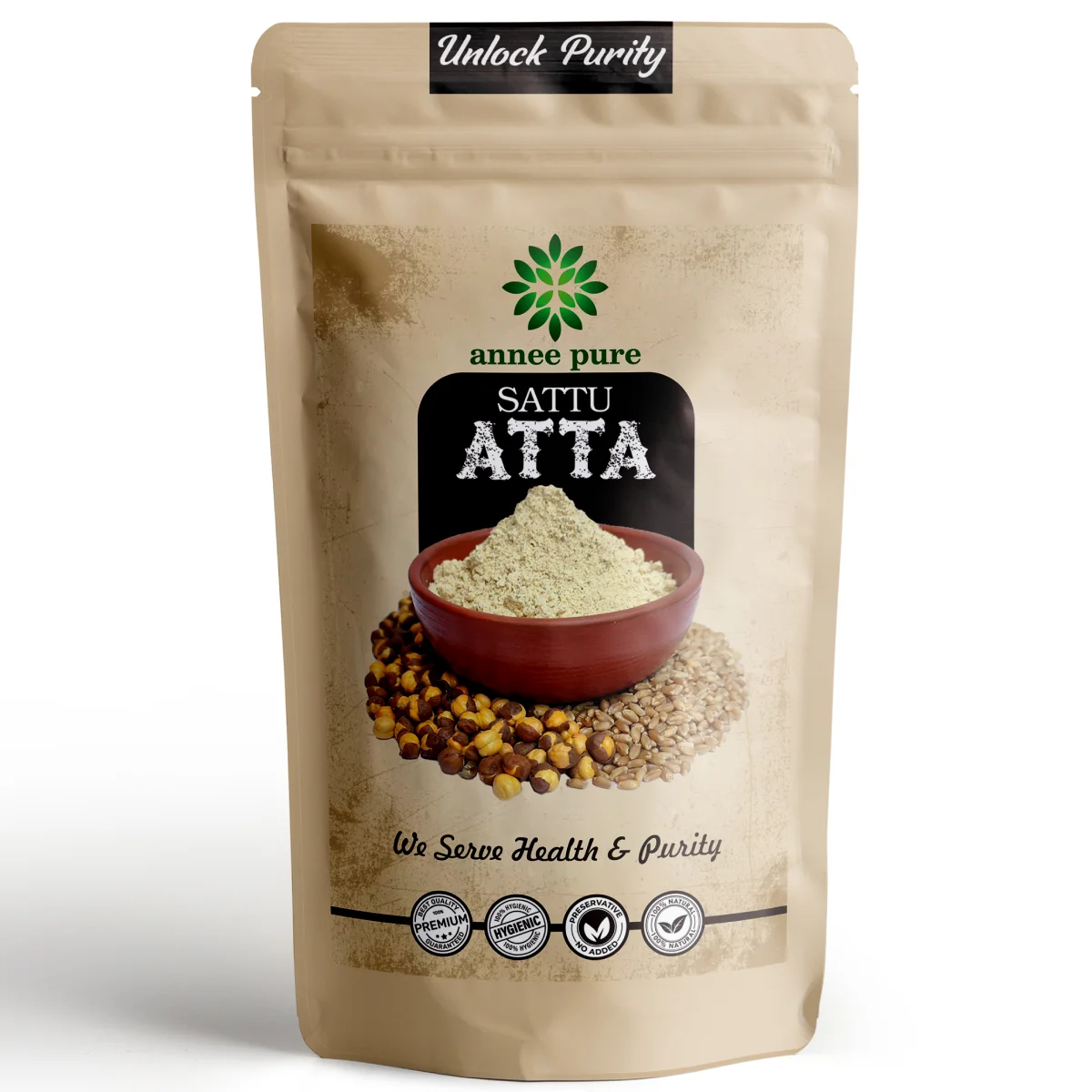
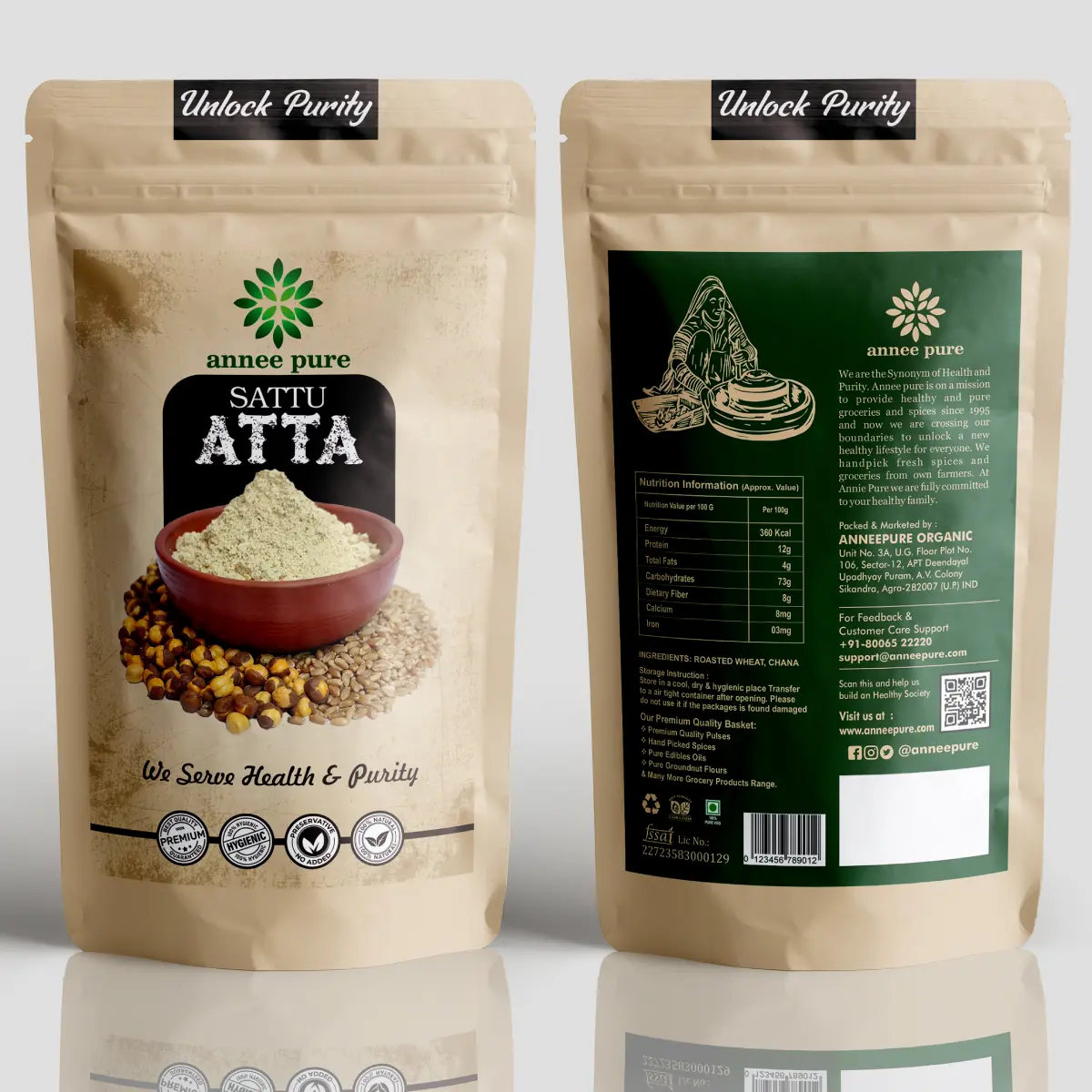
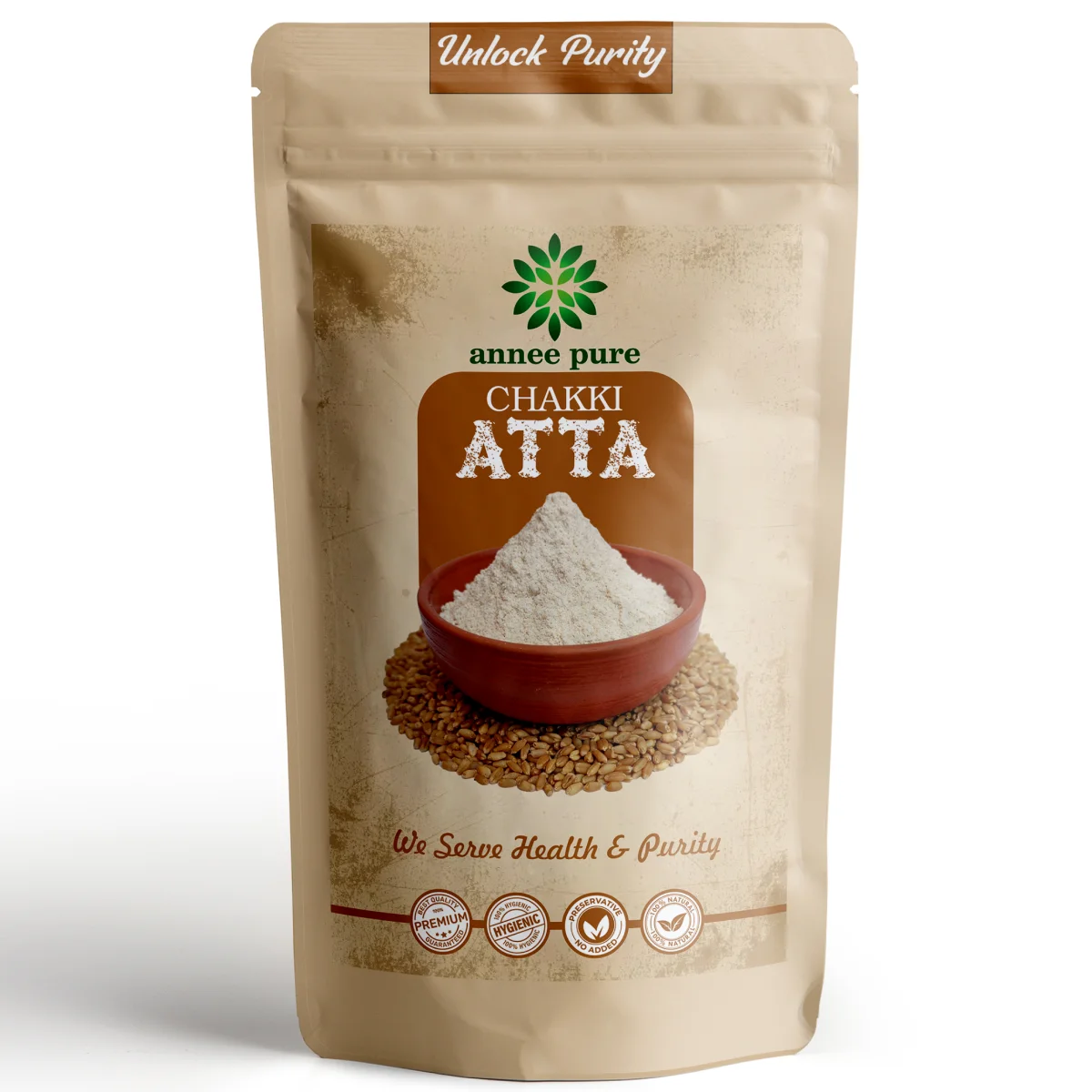
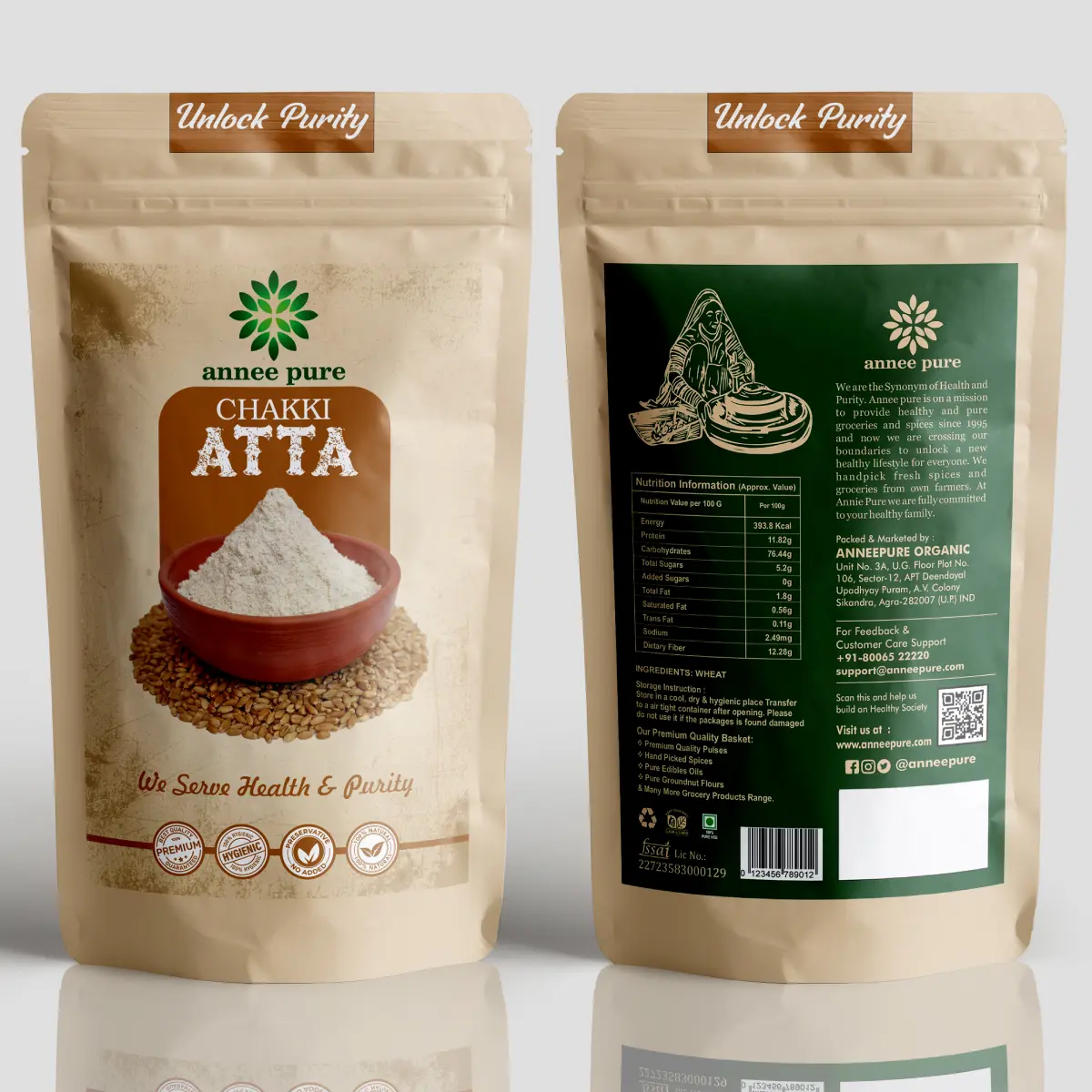
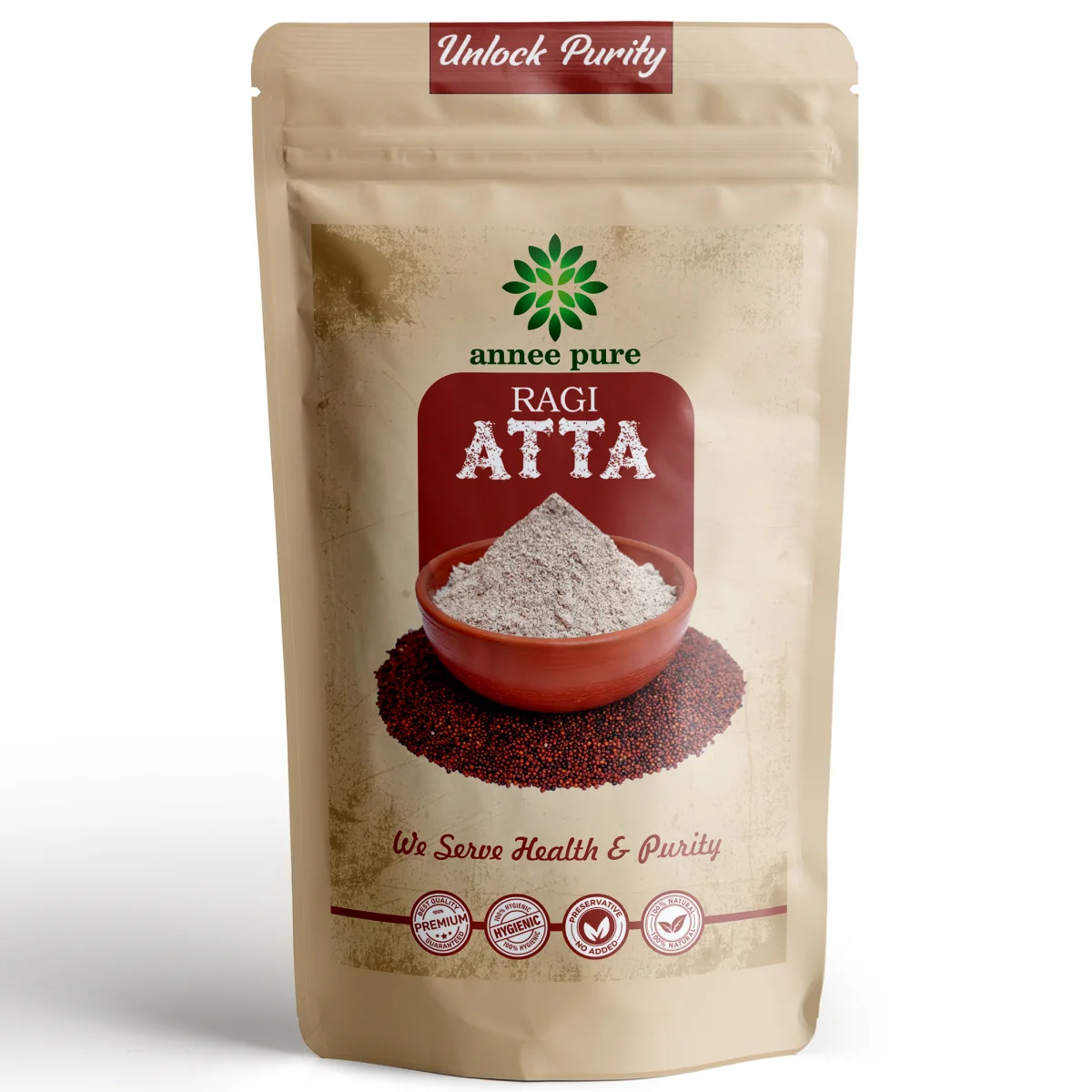
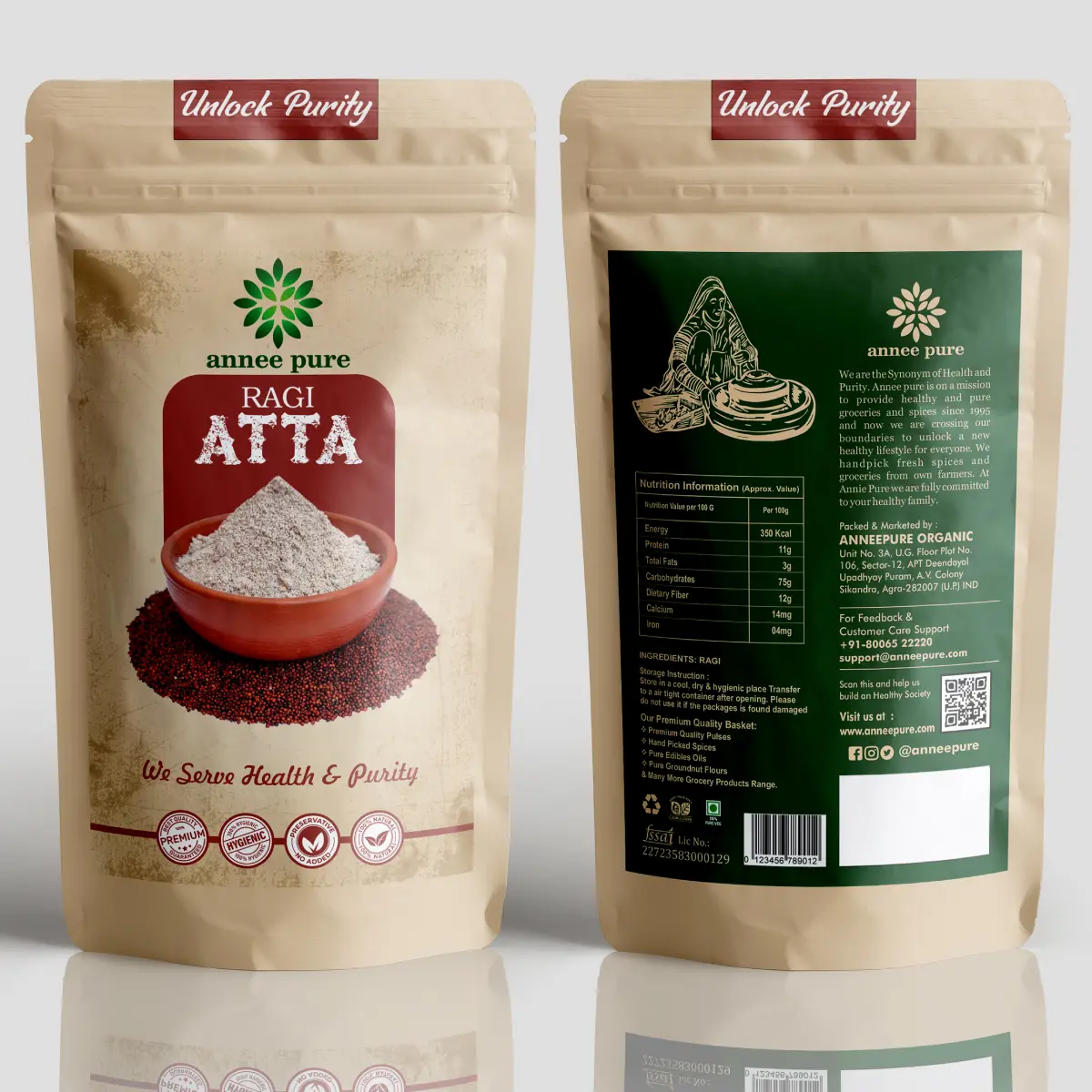
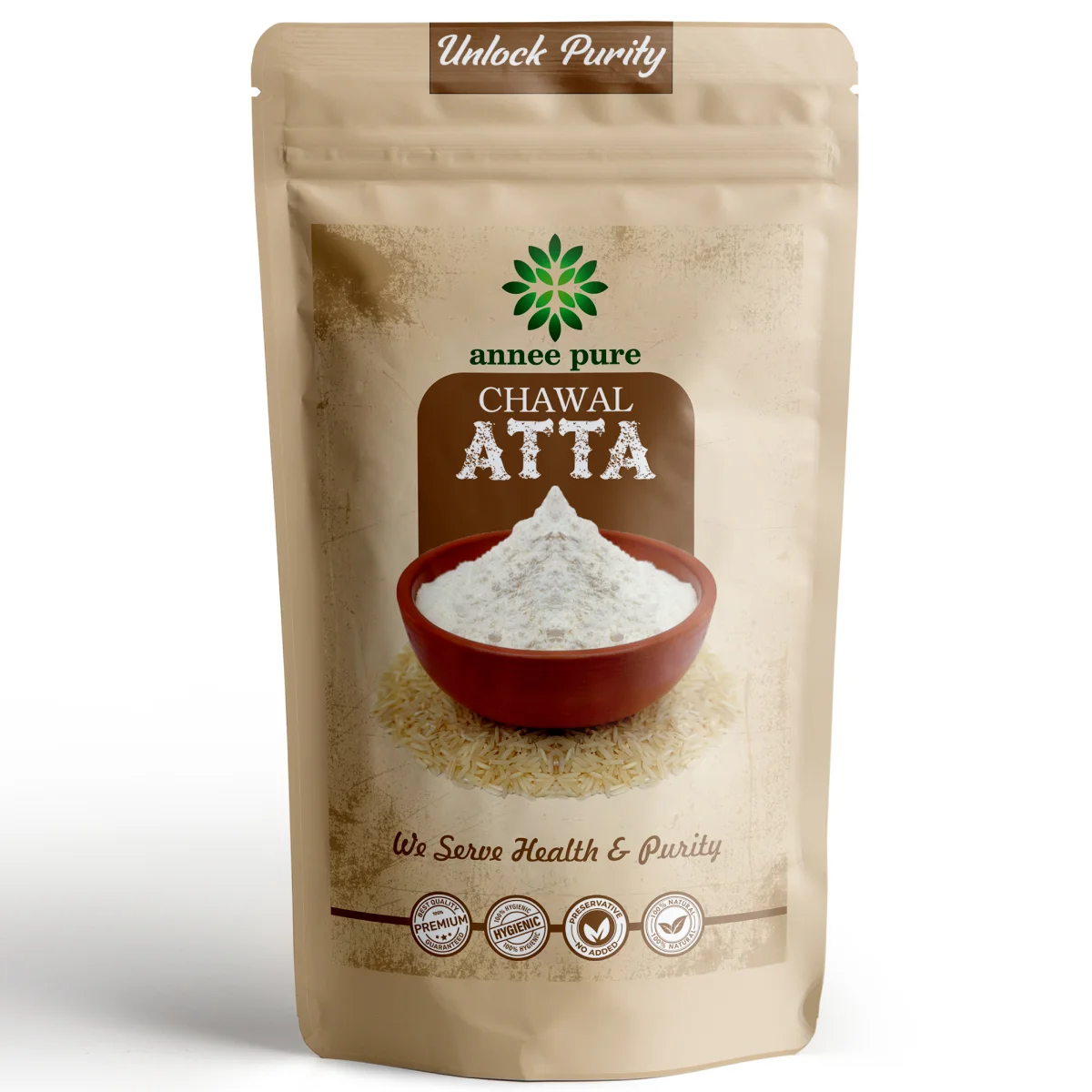
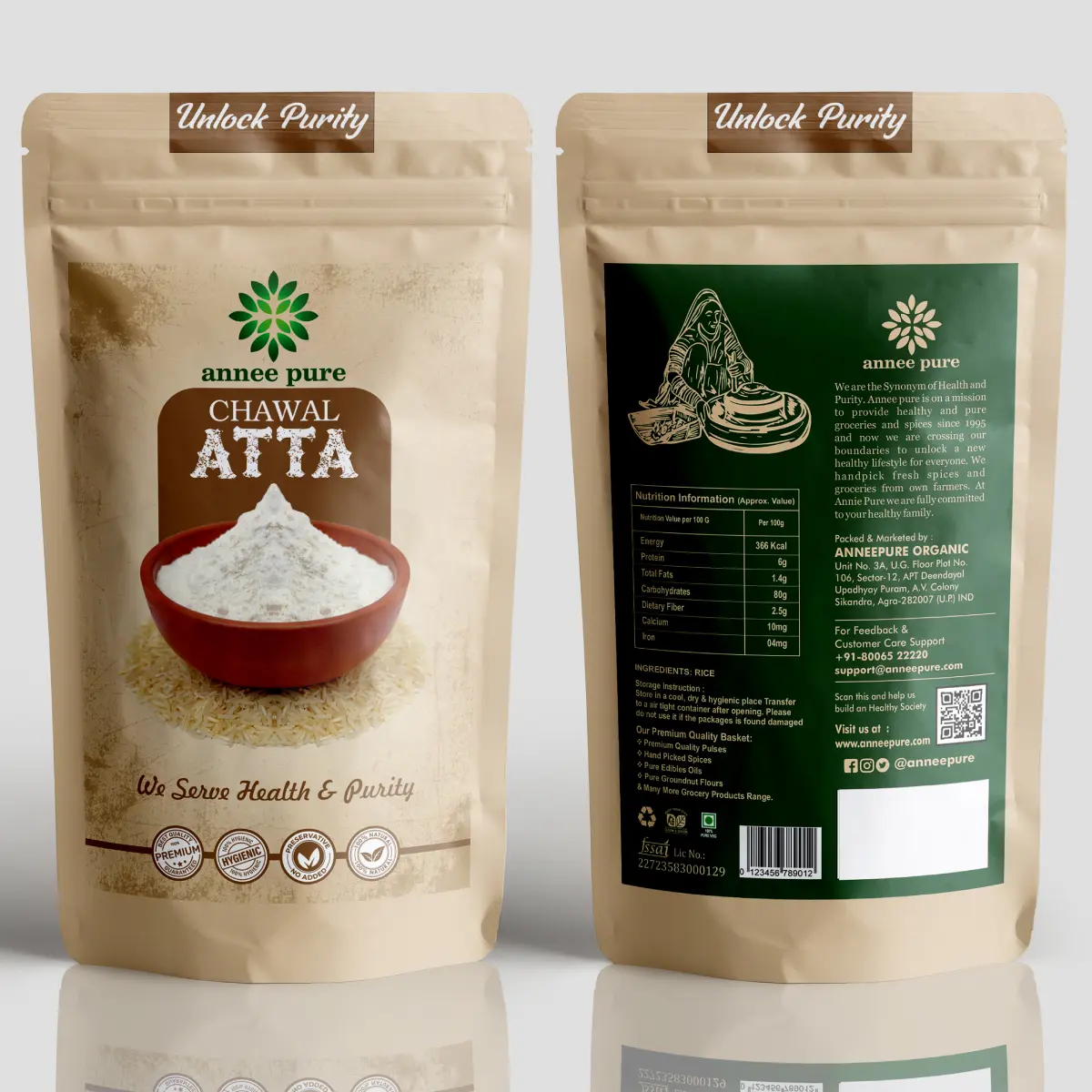
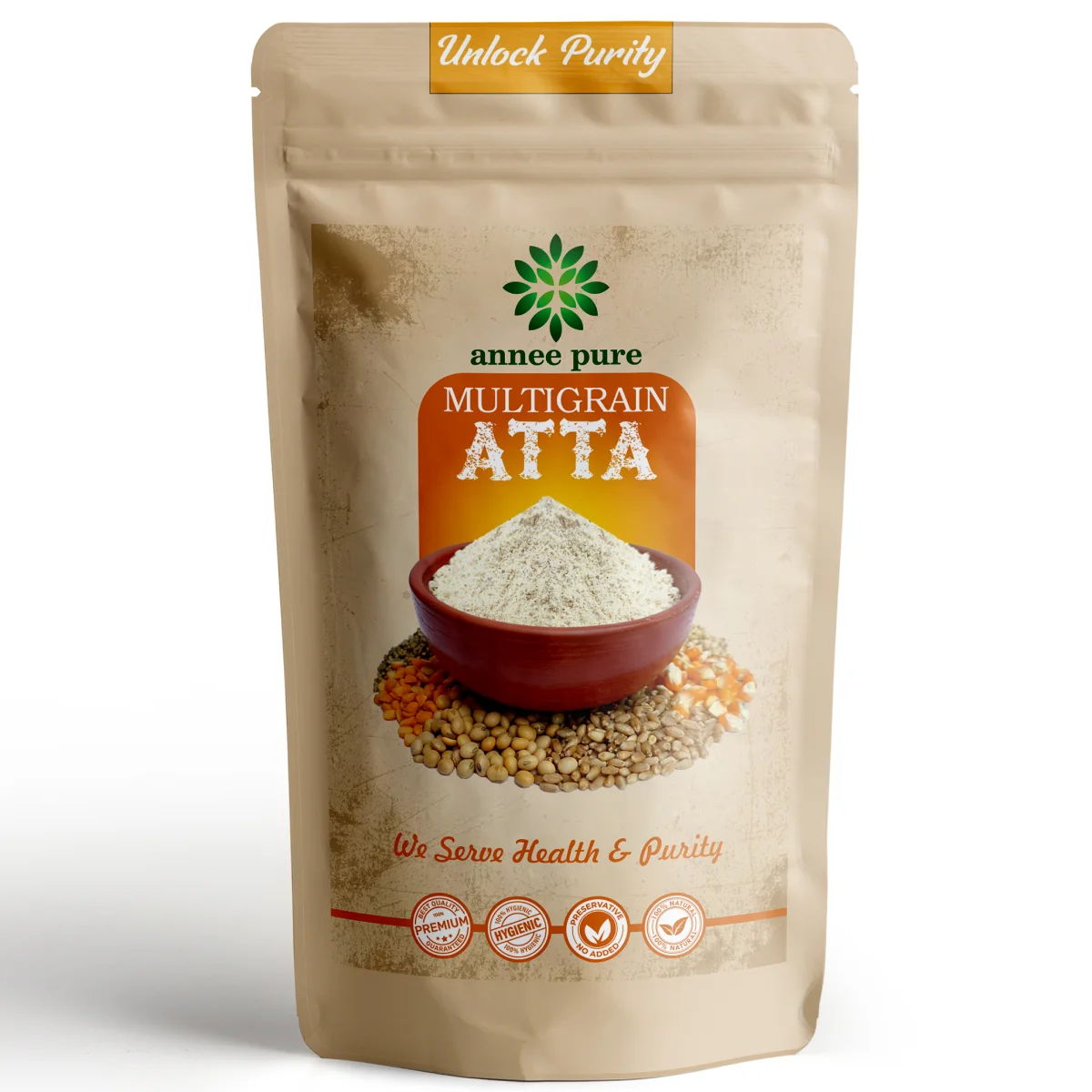
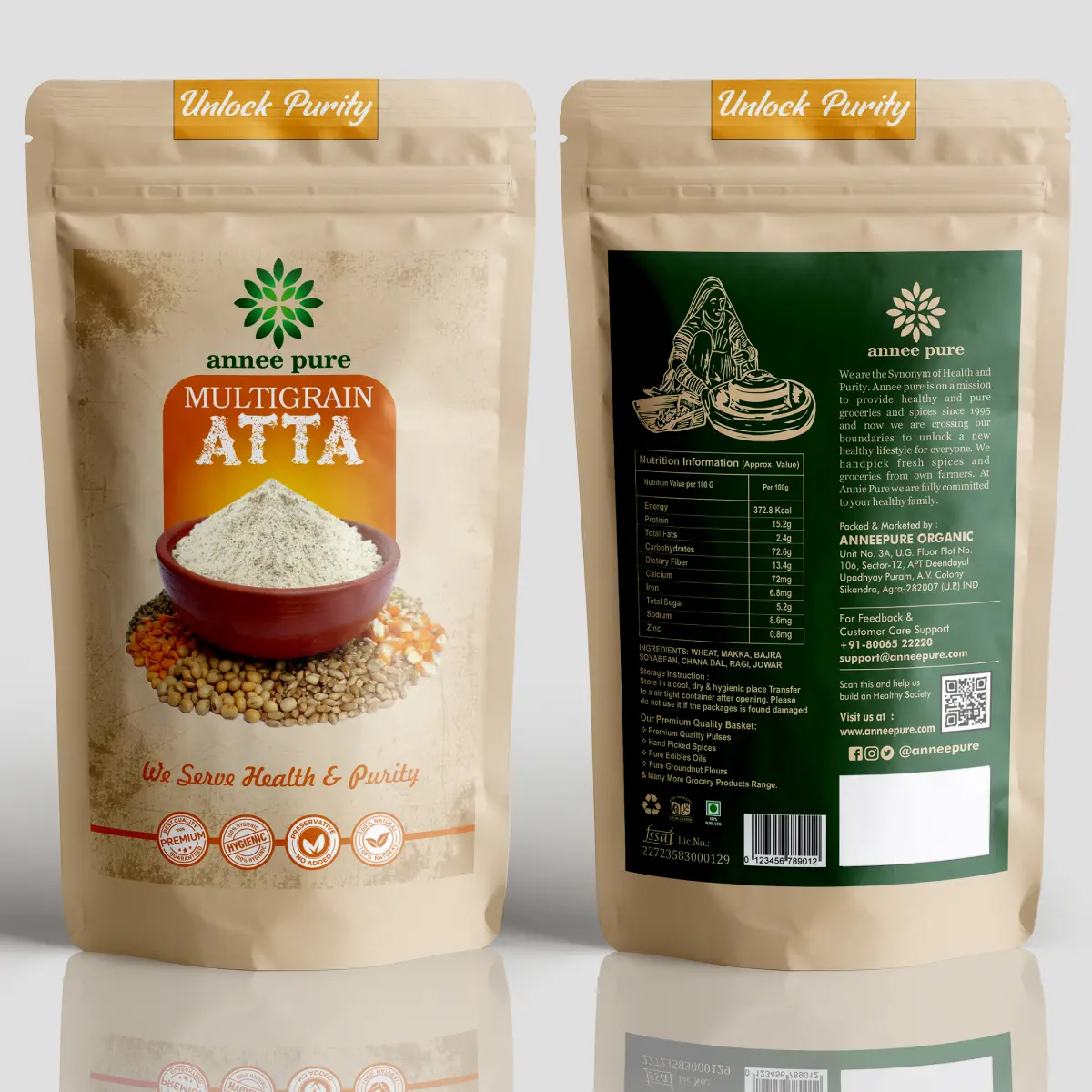
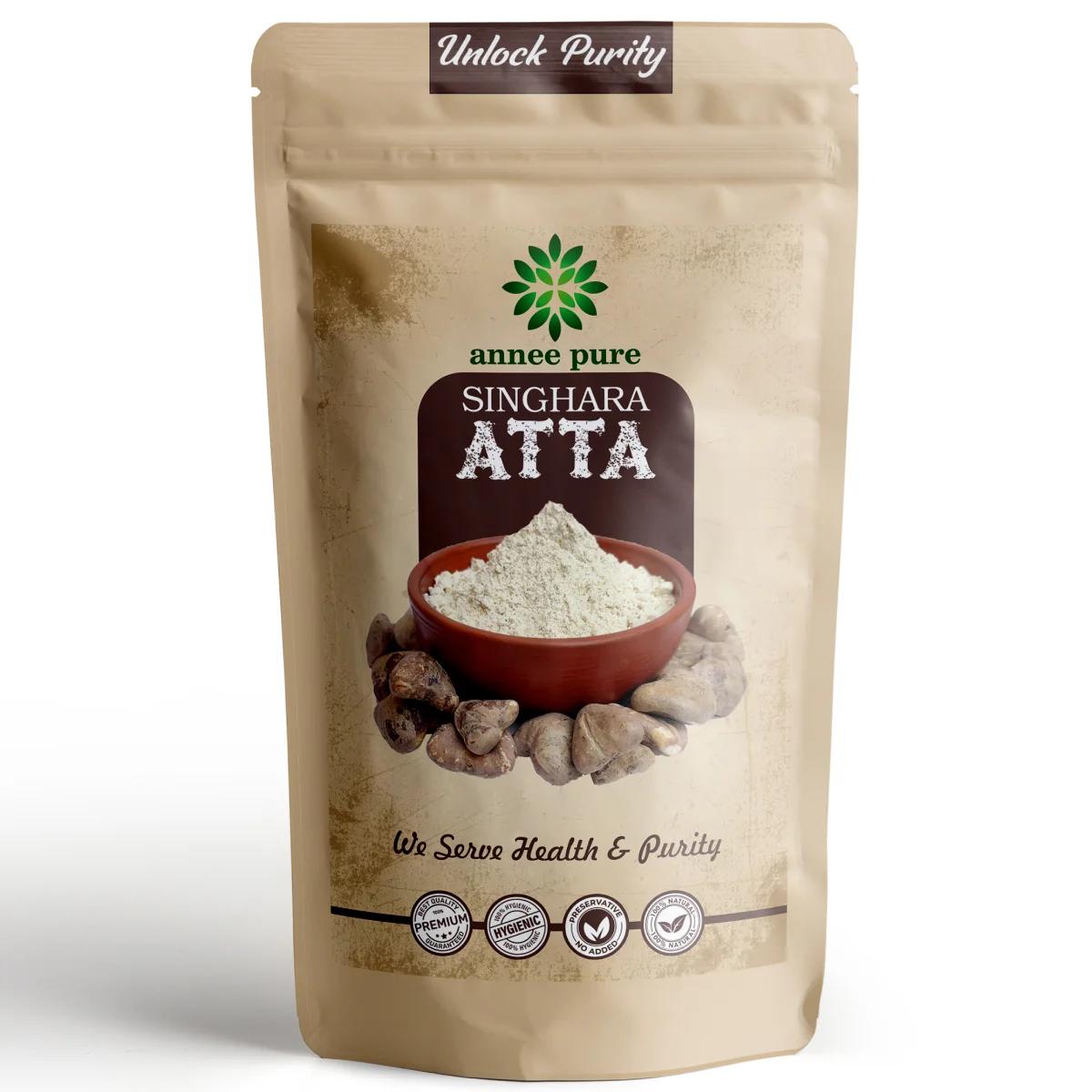
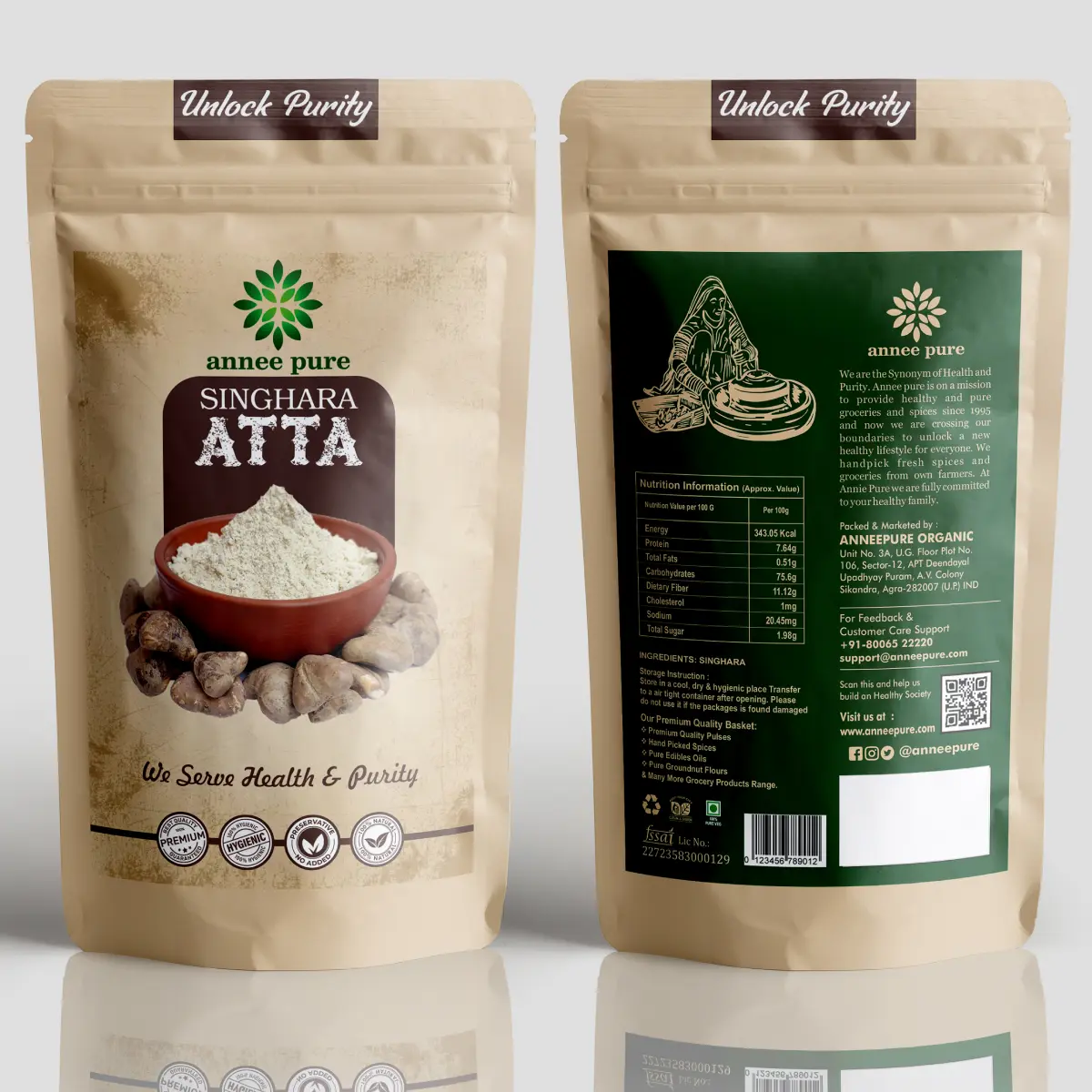

Reviews
There are no reviews yet.